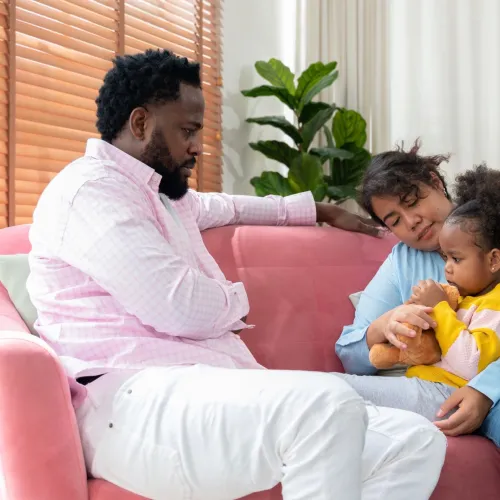Dear Marsha: Children Receiving Mixed Messages
In our Dear Marsha blog series, Dr. Marsha Kline Pruett answers questions submitted by parents like you on all matters related to shared parenting.

How can I protect my kids from the inappropriate things my emotionally-abusive co-parent tells them during their time together? I have chosen to take the high road for my kids and never speak poorly of him to my kids, but I also don’t lie to them about why we no longer together. Will it hurt them long term to hear such different messages from their parents?
It is a good strategy to take the high road and to protect the children from exposure to conflict by limiting the number of negative messages about one or both of their parents. Hearing negative messages about a parent can be confusing and hurtful for children. By protecting children against the negative messages, you will be able to buffer them against negative consequences of conflict and divorce later in life.
You can talk to your children, for example, about how people may say mean things when they are angry and hurting, and how important it is for them not to engage in such behaviors. This type of messaging teaches them why a parent may be saying negative things and the importance of not acting out in negative ways when they are angry, sad, confused, or lonely.
Long term, they will figure out that they feel less angry themselves when they are not exposed to such negativity. Recent research even suggests that over time, there is a boomerang effect such that children report feeling less close to the parent who is doing the put-downs.
Take Marsha's Survey on Co-Parenting
Assist Dr. Marsha Kline Pruett with her research on what shared parenting is like across different families by taking this survey. All submissions are entirely anonymous.








